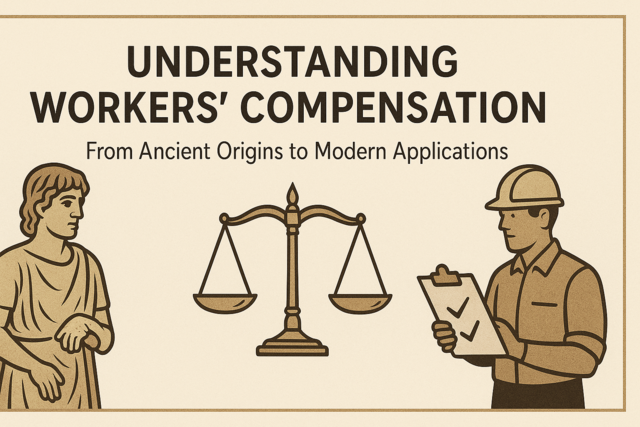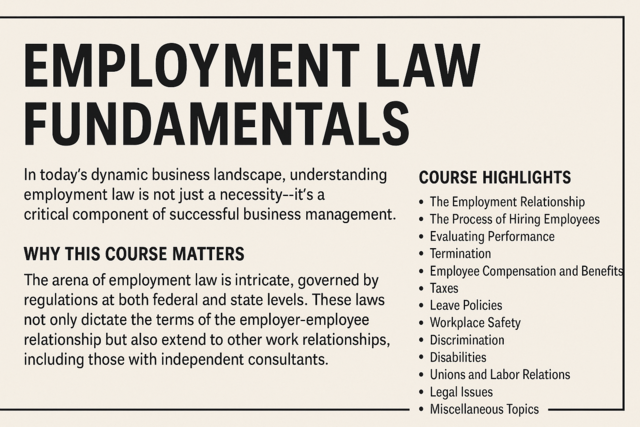Mastering Conversation Skills
Unlock the Power of Connection, Speak with Confidence!

5 Hours average completion time
0.5 CEUs
12 Lessons
16 Exams & Assignments
339 Discussions
12 Videos
25 Reference Files
91 Articles
Mobile Friendly
Last Updated January 2026
Step into a world where every conversation is an opportunity, and every interaction, a chance to inspire. Welcome to our course, dedicated to honing your communication finesse for both social engagements and professional environments.
Understanding the core of communication is not just about speaking; it's an intricate blend of listening actively, exuding empathy, and mastering the art of non-verbal cues. This course doesn't just skim the surface; we delve deep, laying out the foundational blocks of communication. Grasp how elements synergize, shaping our everyday interactions and the impressions we leave behind.
Master the subtle dance of conversation, from the nuances of small talk to the impactful resonance of storytelling and humor. Uncover the secrets behind effective conversational flow, ensuring you can spark meaningful exchanges with anyone, anywhere. And for those moments when words seem elusive? We introduce the magic of improvisation, a tool to rekindle conversation and banish awkward silences.
But we won't stop there. We're offering more than just conversation mechanics. Navigate the complexities of leading dialogues, understanding when to listen and when to take charge. Gain practical strategies to alleviate anxiety or hesitation in social situations, ensuring you always present your best self.
And the benefits? They're boundless. As you integrate these skills, you'll notice a profound transformation. Conversations become richer, relationships deepen, and opportunities multiply. Your heightened self-awareness and confidence will make you a magnet for both personal connections and business collaborations.
So, are you ready to elevate your communication prowess? To transform casual chats into meaningful dialogues and business talks into influential discussions? Join us, and unleash the power of masterful communication, a skillset that promises to open doors in every facet of life.
- Social intelligence enhancement
- Empathetic communication
- Conversation framing
- Public speaking confidence
- Improvisational speaking
- Leadership dialogue skills
- Social anxiety reduction
- Storytelling effectiveness
- Active listening techniques
- Non-verbal cues mastery
-

Social Anxiety 101
-

Operations Management 101
-

Goal Setting for Business
-

Call Center Management
-

How to Run an Effective Help Desk
-

Persuasion Techniques
-

Understanding Workers' Compensation
-

Business Management
-

Critical Thinking Skills
-

Mastering Conversation Skills
-

SalesForce 101
-

Crisis Management
-

Writing Effective Emails in the Workplace
-

Interview Skills
-

Job Performance Appraisals - A How To Guide
-

Employment Law Fundamentals
-

Management Essentials
-

Modern Marketing Strategies for Small Business
-

Effective Presentations
-

Generational Diversity in the Workplace
-

Human Resources Productivity Course Bundle
-

How to Start and Run an Online Business
-

How to Write Effective Policies and Procedures
-

Motivational and Public Speaking
-

Strategic Planning
